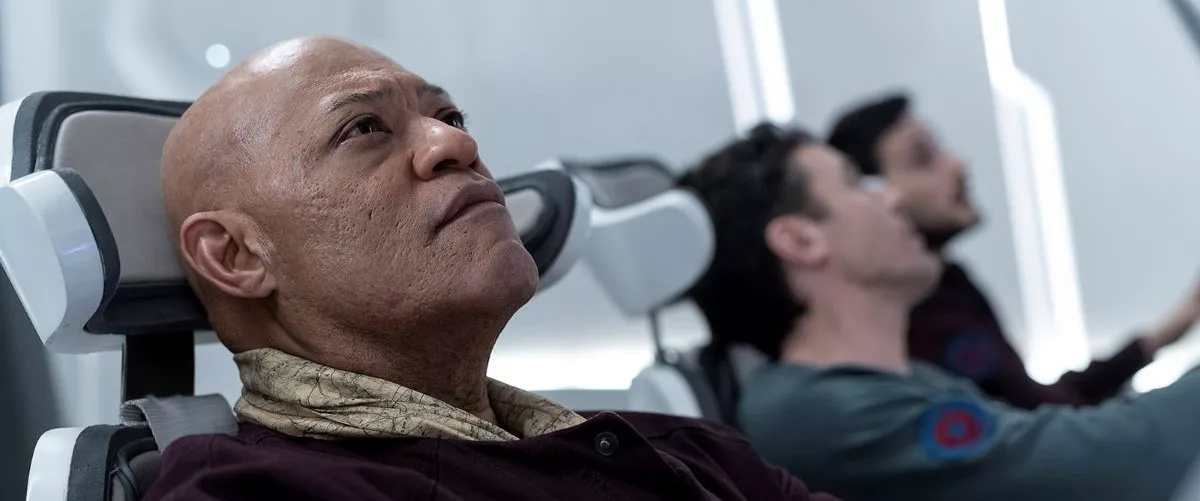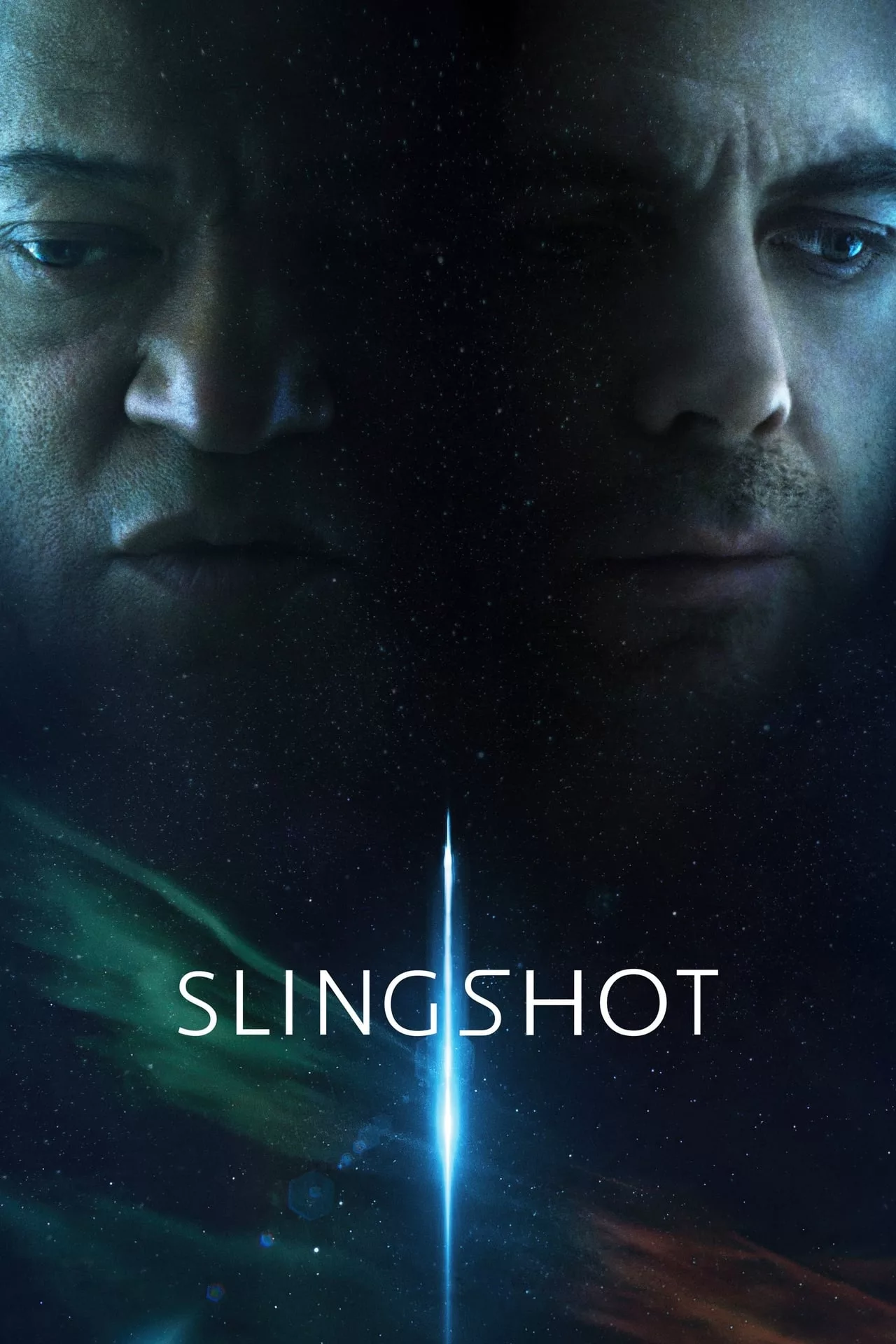In space, no one can hear you yawn. It's tempting to pick out the many films that inspired Mikael Håfström's disastrous "Slingshot," but it feels like an insult to even associate those innocent creators with this mess. Consistently boring in a manner that almost feels defiant, "Slingshot" plays as a shallow COVID lockdown allegory for most of its runtime, before insultingly spiraling off the rails. It feels like a movie that hates its characters. And hates you too.
John (a truly phoning-it-in Casey Affleck) is an astronaut aboard Odyssey 1, a spacecraft sent to slingshot (hence the title) around Jupiter to get to Titan, one of Saturn's moons. It's a small ship with just three passengers: John, Captain Franks (Laurence Fishburne) and Nash (Tomer Capone of "The Boys"). The crew goes in and out of hibernation to make the trip feasible, waking every three months to make sure they're still on track. Naturally, this leads to a constant state of displacement in time and, literally, space.
The mental stress on John begins to induce paranoia and hallucinations. He sees his girlfriend Zoe (Emily Beecham) aboard the ship, who we learn more about through extended, boring flashbacks to their non-relationship, distinguished largely by Casey's mustache. (In a sign of this film's overall laziness, the mustache is about the only physical difference between past, stable John and present, increasingly-unhinged John. They even have the same amount of stubble.) We see some of John and Zoe's courtship, and the inevitable fight that comes when he decides to go where no man has gone before.
Back on the Odyssey, John and Nash start to crack, convinced that the ship's hull will not survive the slingshot. The men battle about the best approach, or whether or not they should even turn back, as John wonders about his own mental stability. Affleck is shockingly flat here - unconvincing as an astronaut, someone losing his mental faculties, or even an actor who stumbled onto the wrong set. Having been so good in films like "Gone Baby Gone" and "Manchester by the Sea," it's startling to see someone put so little effort into what's on-screen. You can almost literally see him getting bored.
On the other hand, Fishburne remains a confident, fascinating screen presence. He glides in and out of this film, doing exactly what he needs to do before leaving this mess to everyone else. He's long been an asset to any filmmaker, always understanding the assignment.
I can't say the same for everyone else. In particular, writers R. Scott Adams and Nathan Parker don't even have the courage of their narrative convictions, spiraling their story of isolation and paranoia through a series of frankly ludicrous final-act twists. And then they end on another twist vague enough that it's designed to generate YouTube explainer videos and heated debates. Step back from it for a minute, and you realize it's a product of a film that has no narrative conviction. It doesn't care about its characters or what happens to them. Why should you?




















